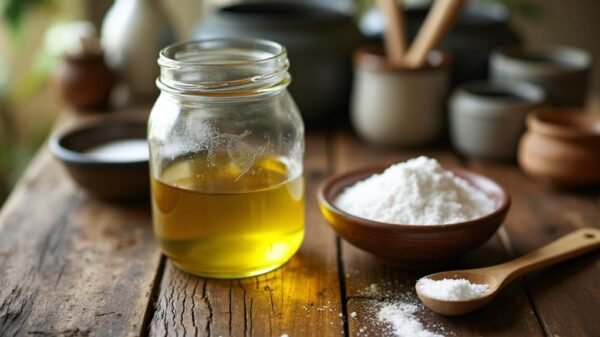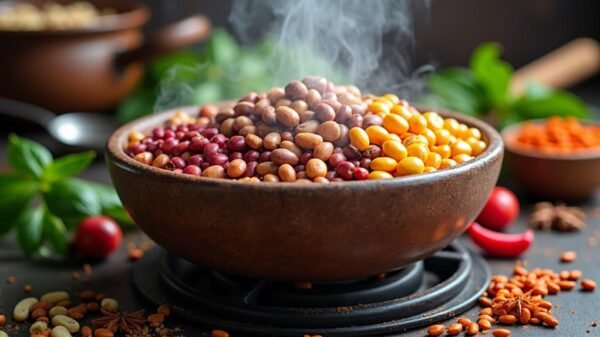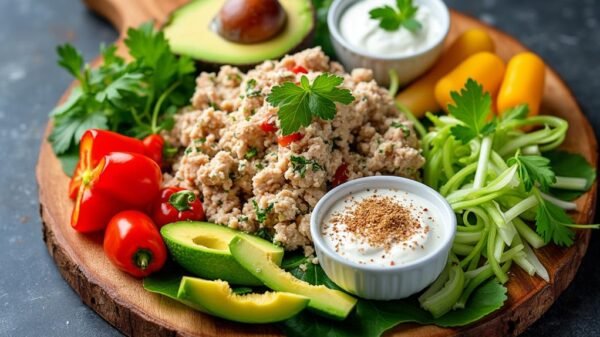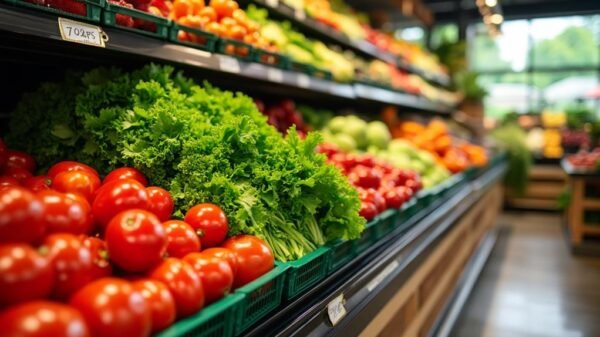The Best and Worst Grocery Store Chains for Buying Milk
Milk is an essential staple in many households across the United States. Whether it’s used for cooking, baking, or enjoyed as a refreshing beverage, finding the right grocery store to meet your milk needs can make a significant difference. While various grocery chains offer milk, their selection, pricing, and quality levels vary widely. This article evaluates several popular grocery store chains, identifying those that excel and those that fall short when it comes to stocking milk.
Top Picks for Milk Purchasing
Albertsons: Quality and Variety at a Competitive Price
Albertsons stands out as one of the leading grocery store chains for purchasing milk. With an attractive selection and competitive pricing, it appeals to budget-conscious shoppers as well as those seeking high-quality options. A gallon of Value Corner milk is priced at approximately $3.19, making it one of the more affordable options amidst the competition. Additionally, options like Lucerne milk at $3.49 add to the appeal. Albertsons also carries some of the best milk brands, including Maple Hill Organic, Organic Valley, Horizon Organic, and a2, catering to customers who prioritize quality.
If your preference leans toward plant-based alternatives, Albertsons delivers in that area too. They stock various options, including almond, oat, and even niche varieties like flax and hemp milk, satisfying a broad spectrum of dietary preferences.
Kroger: Accessibility and Low Prices
Kroger is another excellent choice for milk shopping. With numerous locations across the country, it is easy for most shoppers to find a Kroger store nearby. They offer their brand of milk for just $3.29 per gallon, positioning themselves as one of the more affordable options available. Moreover, Kroger features all four of the top-quality milk brands recognized in the industry. This includes Organic Valley and Horizon Organic, enhancing its reputation as a reliable source for quality dairy.
For those exploring plant-based milks, Kroger doesn’t disappoint, providing options like almond, soy, oat, and coconut milk that cater to diverse dietary needs.
Grocery Chains to Avoid
Aldi: Low Price, Limited Choices
While Aldi might catch your eye with its low-priced Friendly Farms milk at $2.89 per gallon, the selection quickly reveals significant drawbacks. The chain does not stock any of the most highly regarded milk brands, leaving customers to settle for only what Aldi offers. This limitation makes it a less desirable option, especially for consumers who prefer organic or premium milks.
Additionally, Aldi’s choice in plant-based milks is minimal, featuring mostly its Friendly Farms products. This results in a less satisfactory shopping experience for those wanting variety and quality.
Trader Joe’s: High Prices for Limited Varieties
Trader Joe’s is well-loved for its unique food offerings, but when it comes to milk, it tends to miss the mark. Their prices are noticeably higher, with a half-gallon of Organic milk priced at $4.99. This rate is considerably more expensive than many competitors who offer full gallons for less. Moreover, the milk selection is quite limited; for example, Trader Joe’s does not carry any of the top-quality brands.
Although they do provide some plant-based options like oat and almond milk, the overall lack of variety and high prices make Trader Joe’s a poor choice for milk purchases.
Notable Mentions
While some chains shine, others provide a decent balance of quality and pricing. Safeway’s Value Corner milk at $3.49 offers a respectable assortment, though they don’t quite compete with the best in the market. Chain stores like Walmart also offer affordability and a range of plant-based options, maintaining a significant presence across the country. Meanwhile, H-E-B Fresh Foods impresses with its low prices for both dairy and plant-based varieties but is somewhat limited in premium brand availability.
Final Thoughts
Identifying the best grocery store for milk requires assessing several factors, including price, selection, and brand availability. Chains like Albertsons and Kroger emerge as front-runners, offering the combination of competitive pricing and high-quality options. Conversely, stores like Aldi and Trader Joe’s show the drawbacks of low variety and high prices, making them less optimal choices for milk shopping. By weighing the attributes of each chain, consumers can make informed decisions and optimize their grocery experience.


































